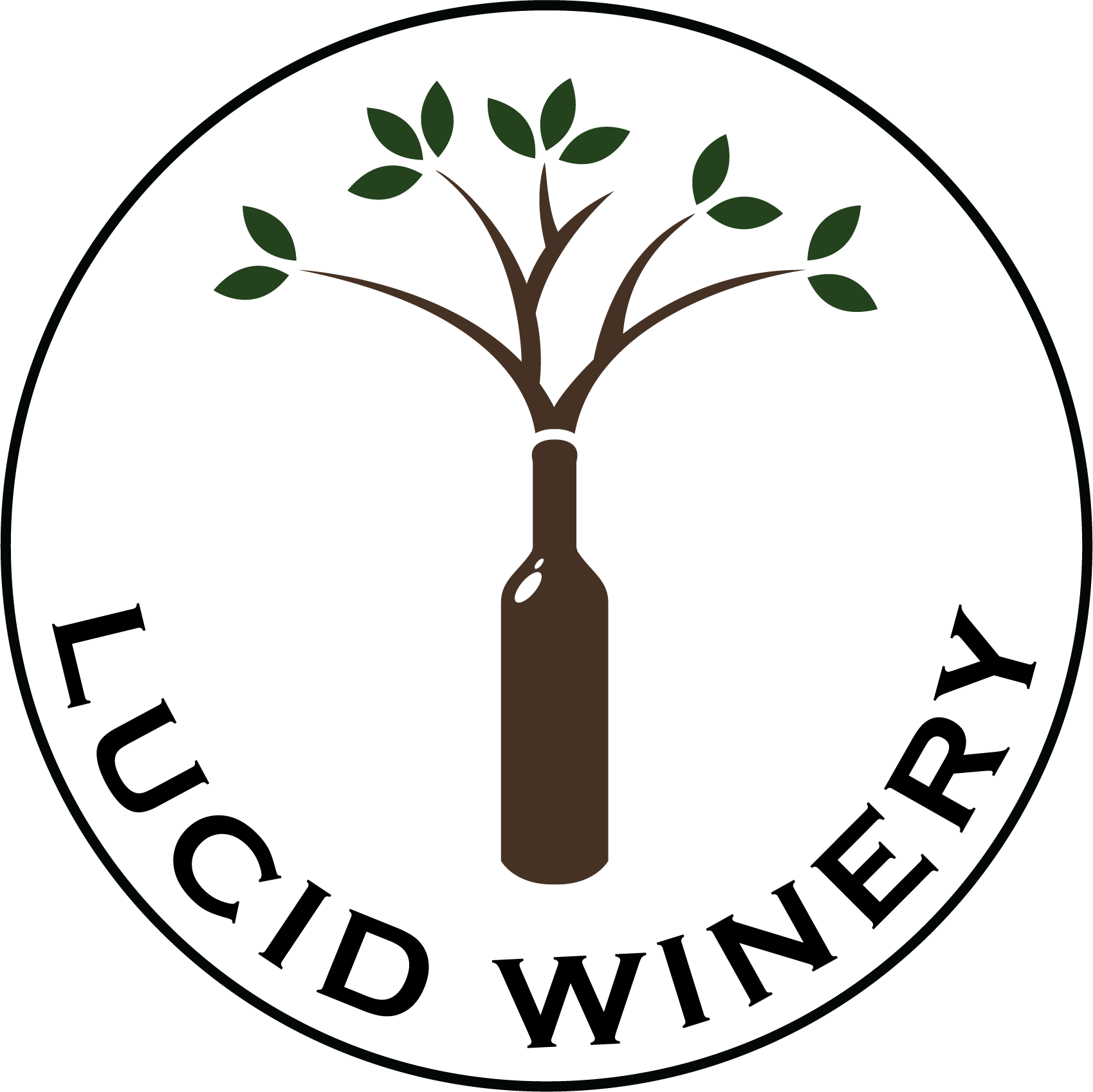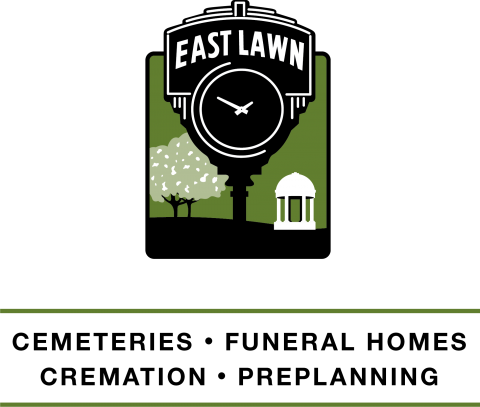My mother appreciated East Sacramento flora more than anybody I know. When she came here as a young wife she said she marveled as she peered from the window of the taxi: trees everywhere. Then the flowers. She said to the driver, “My God, roses in winter?” He said, “Those are camellias, Miss. They’re everywhere.” She said that’s when she suspected she would love Sacramento, and that spring, when the trees came into full bloom and the bursting green made a shaded tunnel of 56th street, she said she thought she had landed in heaven. She was from St. Louis, a big city with bone cold winters and humid summers unsheltered by a sky crowded with elm and sycamore. She told us, “You kids are rich. Look around. You’re to the manor born.”
Being rich in trees and flowers, we largely took it for granted that we could skate and ride our bikes on lush storybook byways. When I was five we moved to 42nd St. and in the new back yard by the new hydrangea bush I began a tunnel to China. My mother greatly admired the hydrangea with its fat purplish flowers and when she came out to clip she stepped carefully over the hole to China. She said if she fell into the muddy tunnel, which was becoming impressively deep because I compelled my sister Moira to water it every fifteen minutes, she would present the people of China with a hydrangea. All people everywhere love beauty, she said.
In time I despaired of reaching China and announced that I would dig until I found buried treasure. Two mornings later the little hand shovel hit something. I pulled a strange mesh sack from the muddy earth. It was filled with coins, fifty cent pieces, quarters, dimes,–a cornucopia of silver. I ran yelling into the house, Moira toddling behind. I’d found three dollars and seventy-five cents worth of treasure, an astounding sum. Our mother said that Spanish Conquistadors had once inhabited this land, and probably they had buried the money. It didn’t occur to me to wonder why the Conquistadors didn’t leave Spanish coins. My mother said I should reward Moira for her help and fill up the hole so the hydrangea could grow in peace. It was a treasure too, she said, but no use to talk to my about hydrangeas when I had a fistful of silver.
We went to Sacred Heart School and sometime around the third grade we were enjoined by the nuns to solicit camellia donations from the nice people of East Sacramento. The camellias were used to decorate floats for the Camellia Parade. My mother walked with us to front yards gaudy with camellia bushes and waited while we knocked on doors and made our excited, extremely polite requests. People were uniformly agreeable. One lady with frizzy blond hair actually came out with a pair of clippers and helped us fill our bags, then chatted on the sidewalk with my mother. They talked about flowers. I remember the lady saying that she was from the desert and had grown up surrounded only by cactus and scorpions. It sparked my mother’s great laugh. She and the lady hit it off and we had to wait with our paper bags spilling with camellias while they went on and on. My mother said to the lady, “Our kids are growing up in a garden.”
The true heart of Eden was eleven blocks from our house: McKinley Park with its roses. We went weekly to the library to check out books, but always paraded slowly through the roses first. I learned there existed a library of roses as well as books, a library catalogued by exotic names and histories. Some had scent, some had not. Some were one deep, solid color, some blushed at the tips. My mother loved them all. One day in the garden she called me over to look at a rose that was such a full, proud yellow it looked gold on its green stem. Even I, to the manor born, was struck. “This must be the king of the roses,” I said. My mother lifted up my littlest brother, Mike, so he could see. We always lingered in the rose garden; she never hurried us. She said you couldn’t spend too much time surrounded by natural, beautiful things.
When Eileen, our last, was born, we had to move to a bigger house in the suburbs. The first thing my mother did was plant roses in our new, treeless yard. Now, having been plucked from East Sacramento, I began to understand our loss. We couldn’t walk canopied streets to Frankie’s Drugs or the library. Smoking, noisy construction was everywhere. In place of parks we had dry fields crusting under the sun. We fenced in our yard and tried to make it an oasis of green, but one small oasis did not compensate for the endless dusty sprawl. Still, we made a good, boisterous life in the new place. My mother lived there thirty years: from there she launched each of us, cared for our father in his final sickness, welcomed grandchildren, presided over the tribe.
In 1985, having a slow recovery from an operation, she moved back to East Sacramento, into a mother-in-law cottage attached to the 43rd street house of Eileen and her husband, Jon. One of the first things our mother wanted was to get a new card from McKinley Library. I moved back into the neighborhood in 1986, also to 43rd street, and now Eileen, our mother and I were neighbors. We strolled through the Rose Garden again, this time at an infinitely slower pace, and Mom, silver-haired and smiling, studied the roses, smelled them, read the memorial dedications. One autumn evening, when she was seventy-nine, she, Eileen and I sat on one of the benches so she could rest. She looked around and took in a long breath. “Isn’t this perfect?” she said. “Aren’t we lucky, kids?”
If you go to McKinley Library today, go along the front entrance and admire the two long brick planters of dedicated rose bushes and trees. Two of them are for her, a yellow bush, a yellow tree. If you go inside the library you can read the inscriptions on a plaque. Her name was Mary Kennedy Lynch.
Pat Lynch
















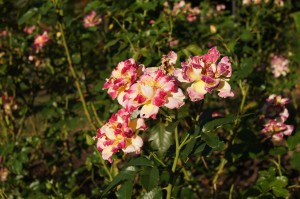
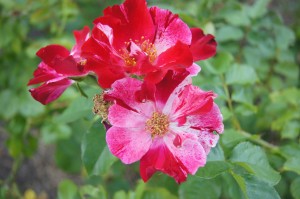
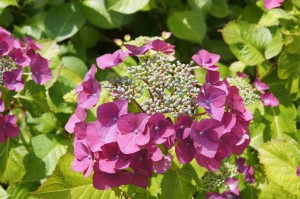
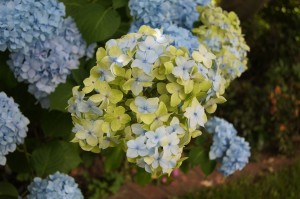


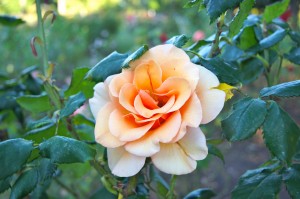
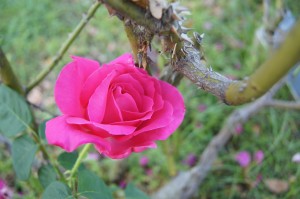
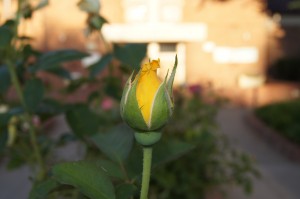
 Subscribe In A Reader.
Subscribe In A Reader. Check Us Out On Facebook!
Check Us Out On Facebook! Check Us Out On Twitter!
Check Us Out On Twitter! Visit Nextdoor!
Visit Nextdoor!



